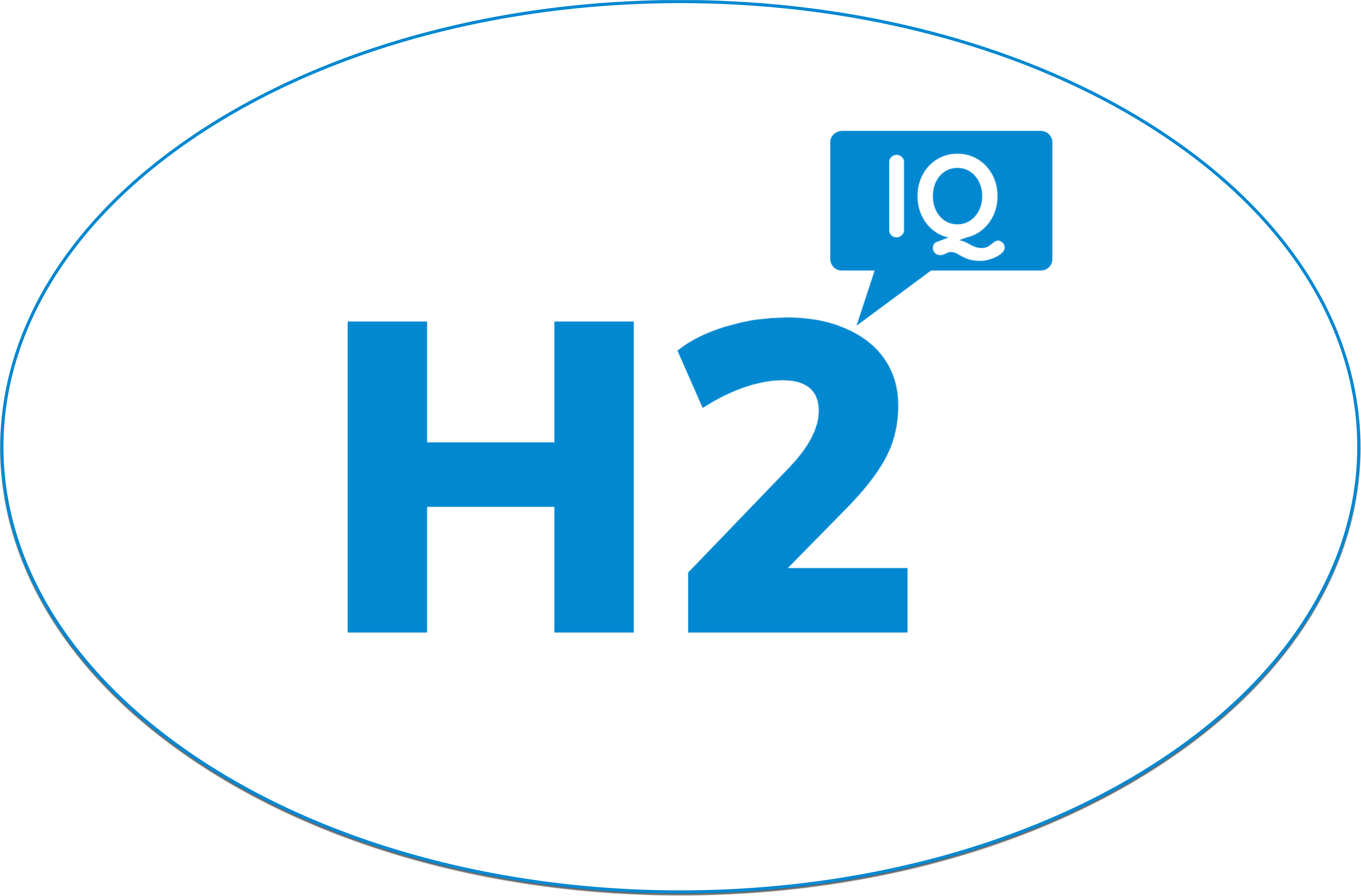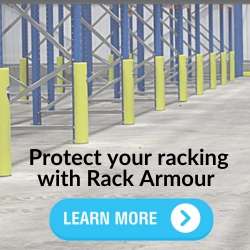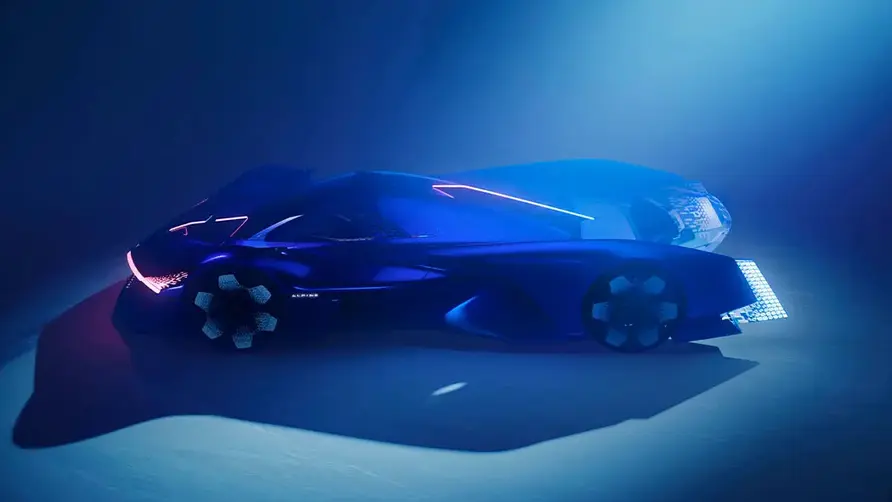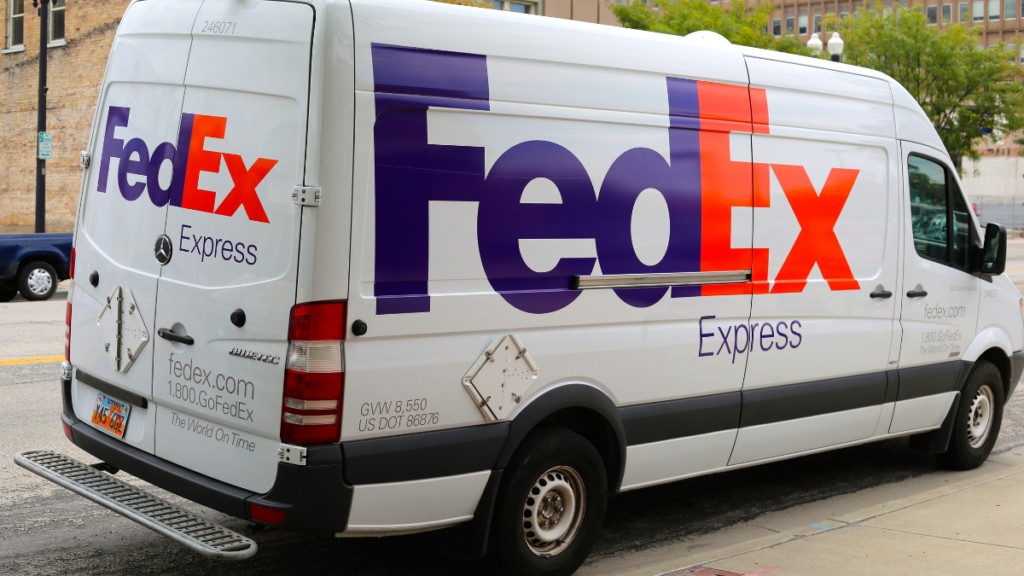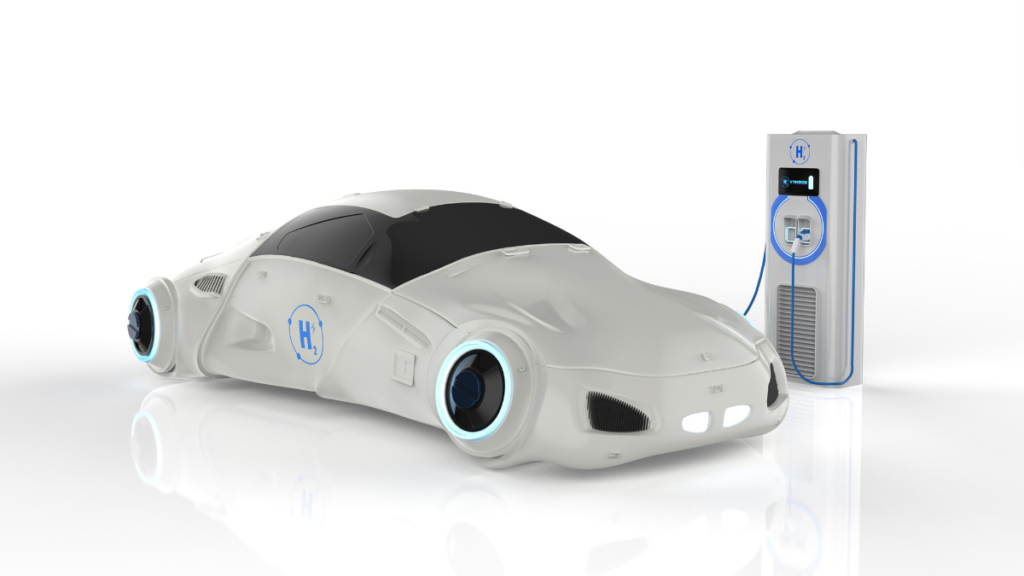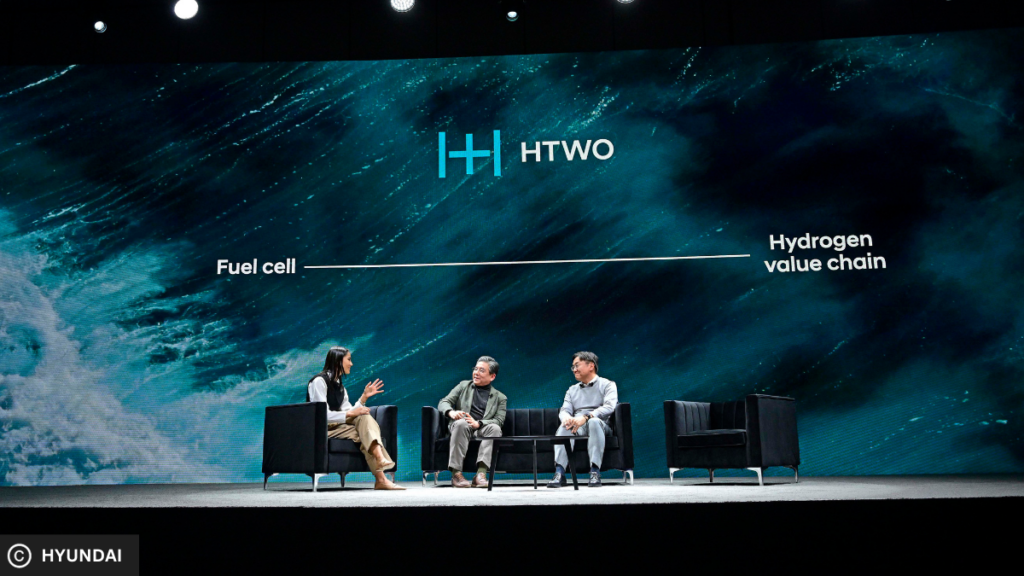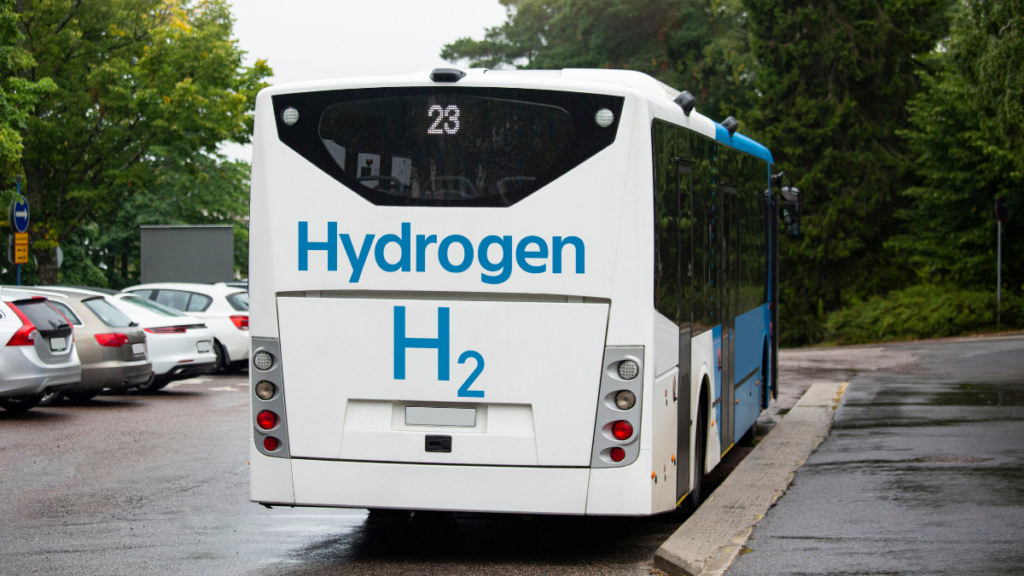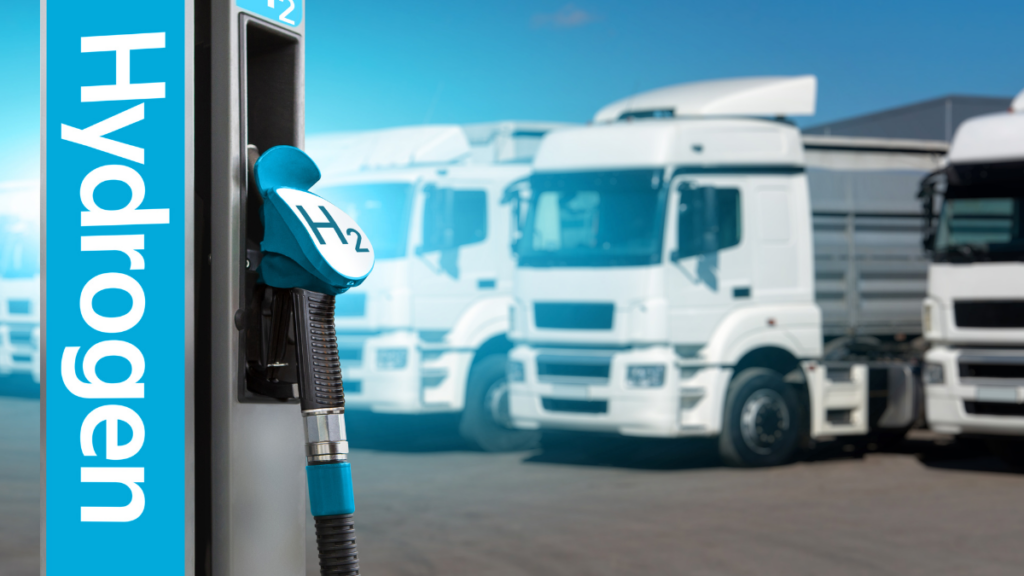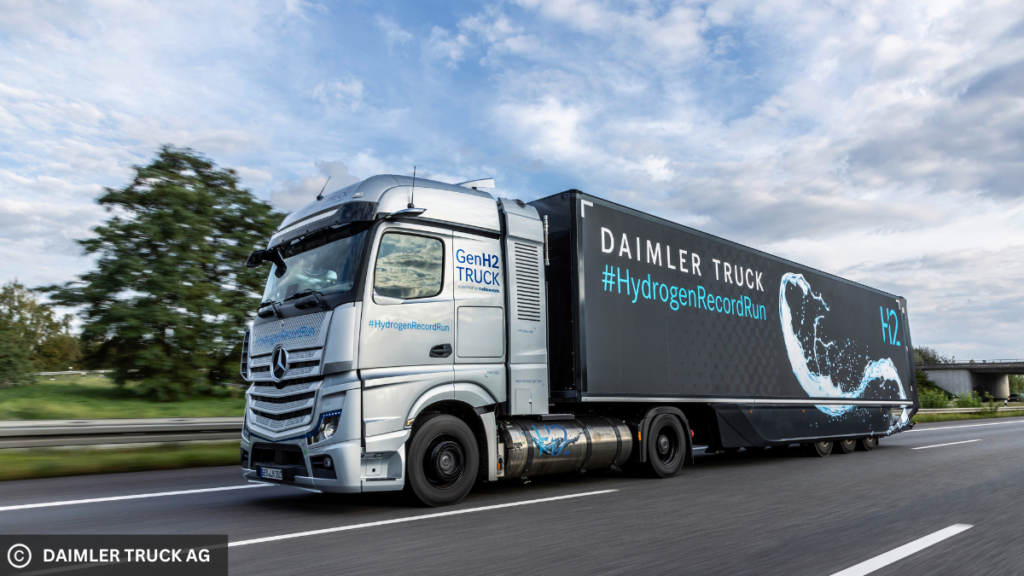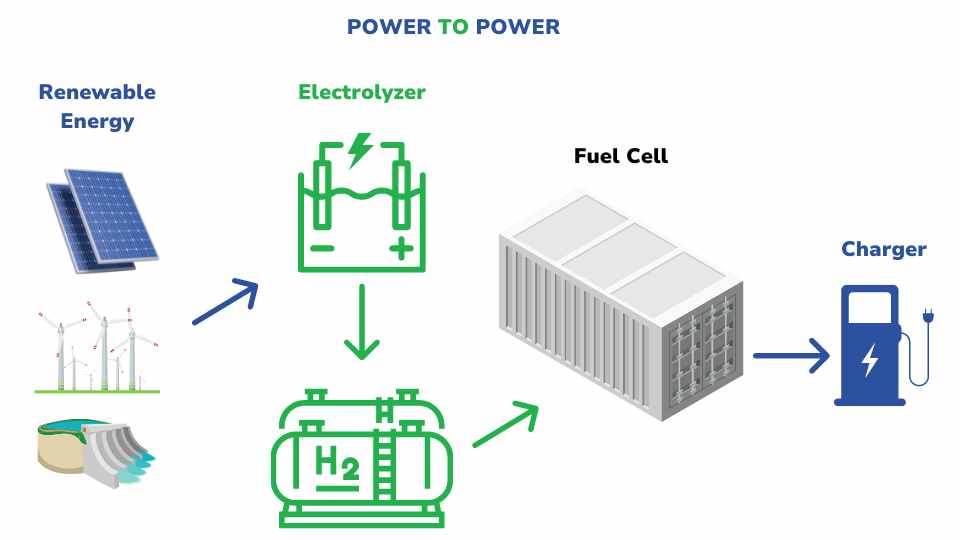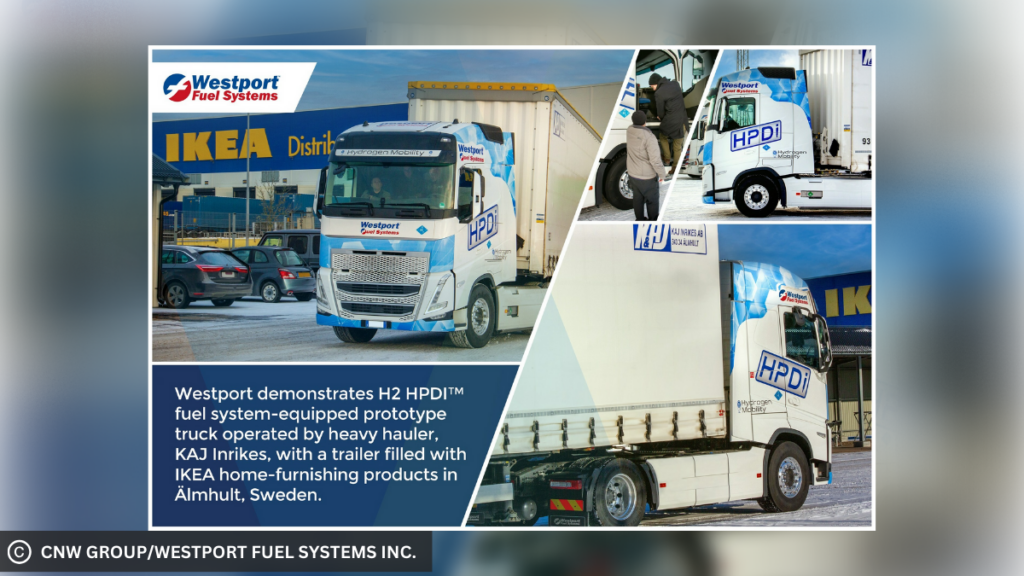Alpine’s Alpenglow: The Hydrogen-Powered Hypercar Sports Car
Rev up your engines and prepare for a glimpse into the future of racing with Alpine’s groundbreaking Hydrogen-Powered Alpenglow Hypercar. This isn’t just any racecar; it’s a beacon of innovation, paving the way towards a sustainable, adrenaline-fueled tomorrow. Discover the full story behind this pioneering machine and join the clean energy revolution that’s taking the track by storm. Don’t just watch the race—be part of the change. Read on to see how Alpine is steering us towards greener racing and a faster finish line. The future is now, and it’s powered by hydrogen. Experience the Alpenglow Hypercar in all its glory—click through for an electrifying read!
